Explore
- Home
- About Us
- Services
- Blog
- Contact Us
Quick links
- Guide to Import
- Guide to Export
- ICEGATE
- DGFT
- Get DSC
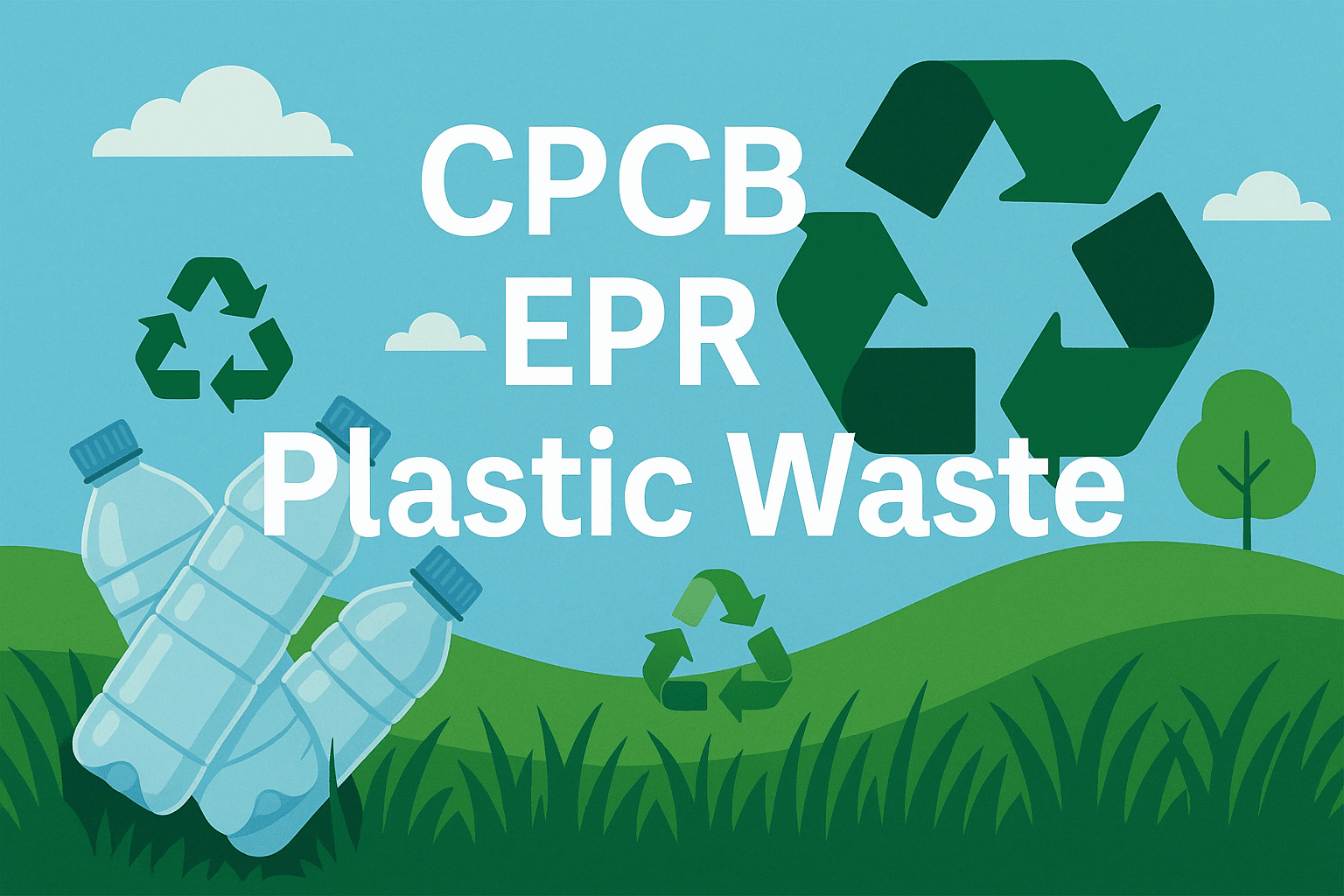
Getting your CPCB EPR Plastic Waste registration has become a critical regulatory requirement for businesses that deal with plastic packaging in 2025.
For import-export companies, especially those handling FMCG, electronics, consumer durables, or industrial goods, EPR compliance under the Plastic Waste Management Rules, 2016 (as amended) is no longer optional—it is a binding statutory obligation. Navigating the nuances of EPR laws while focusing on cross-border logistics, supply chains, and vendor coordination can be overwhelming. That’s where we step in.
As a specialized consultancy for import-export firms, we assist companies in securing their CPCB EPR Plastic Waste registration, planning and fulfilling their plastic waste obligations, and maintaining a compliant, verifiable system that stands up to scrutiny by regulatory authorities like the Central Pollution Control Board (CPCB).
We bring together regulatory expertise, pan-India waste processing networks, and reporting support to streamline your EPR compliance process—making it easy, efficient, and audit-ready.
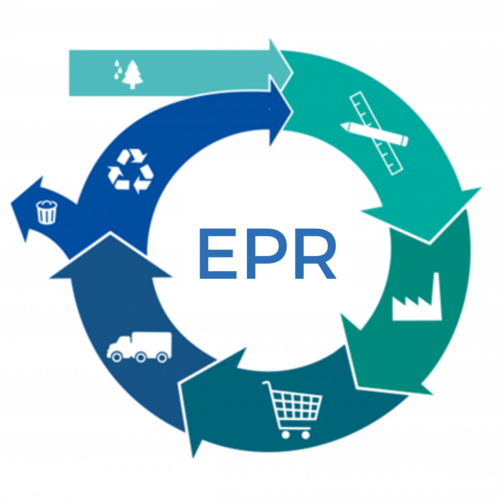
Extended Producer Responsibility (EPR) is a policy mechanism designed to shift the burden of post-consumer waste management onto producers, importers, and brand owners (collectively referred to as PIBOs). Under this mechanism, any entity that introduces plastic into the Indian market is legally responsible for collecting, recycling, and disposing of an equivalent quantity of plastic waste in an environmentally sound manner.
→ Clarifying your legal status and obligations as an importer
According to CPCB, any entity importing plastic-packaged goods is considered a ‘Producer’ under the law. Regardless of where the product originates, once it enters Indian territory, the Indian importer is liable to register and comply with EPR obligations.
→ Ensuring dual compliance to avoid overseas disruptions
Exporters face a dual responsibility: comply with India’s domestic packaging laws and also meet the plastic compliance norms of the destination country. Many countries have introduced their own EPR or similar circular packaging mandates. We help you tailor your packaging strategy to comply both ways.
→ Know whether you’re a producer, importer, brand owner, or all three
Many import-export firms fall under more than one PIBO category depending on their supply chain model. We help determine your status and corresponding compliance requirements under EPR Rules.
For importers, the rule is even more direct: if you’re bringing in any product wrapped in plastic or contributing to plastic waste through your packaging, you’re treated as a ‘Producer’ under Indian law. You are required to:
Exporters must also be cautious. While you may be sending goods out of India, your packaging practices must align with international standards and bilateral EPR obligations, especially for trade with the EU, UAE, Canada, and Australia.
EPR obligations apply to businesses involved in manufacturing, importing, or branding products that use plastic packaging in any of the following formats:

Each category carries its own EPR targets and proof-of-fulfillment criteria, and non-compliance can lead to heavy fines, legal notices, or consignment hold-ups by customs authorities. Our job is to ensure you navigate these layers without facing operational disruptions.
We offer comprehensive EPR plastic waste consultancy services to importers and exporters, covering every stage from registration to recycling certificate procurement. Here’s how we help:
We handle end-to-end registration on the CPCB portal, ensuring accurate submission of:
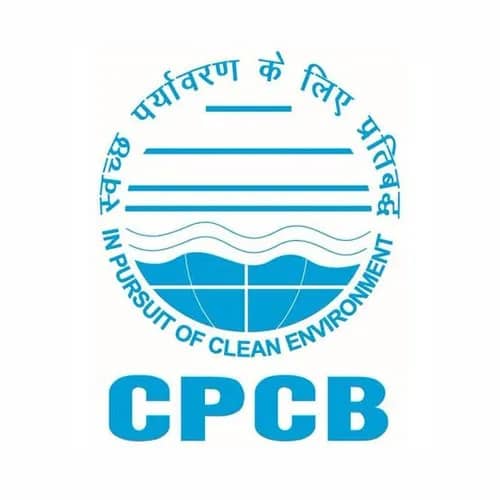
Our consultants work closely with your logistics or procurement teams to map all product SKUs with associated plastic packaging, categorize the material type, and estimate the annual plastic generation. We develop a legally compliant waste footprint baseline that serves as the foundation for annual target planning.
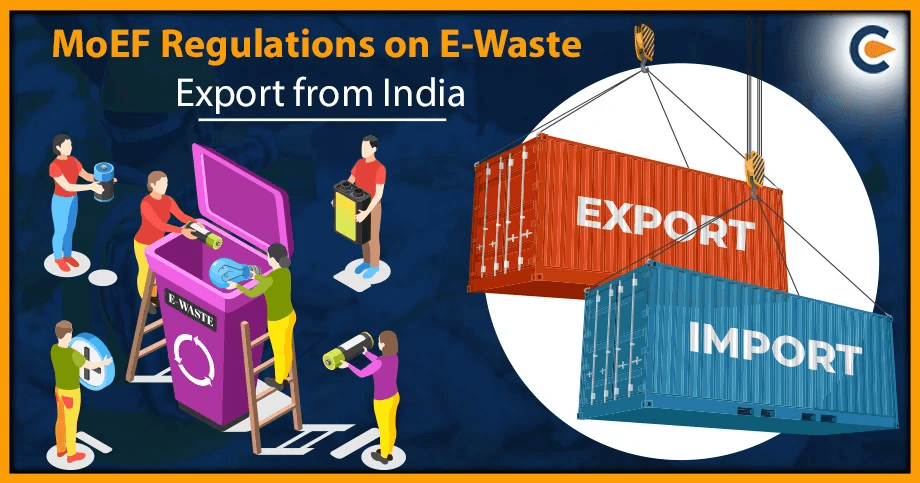
EPR obligations are tiered by the volume and type of plastic introduced. We help you compute annual targets and develop a tailored fulfillment roadmap—whether through co-processing, recycling tie-ups, or certificate procurement. We also help account for carry-forward credits from previous years.
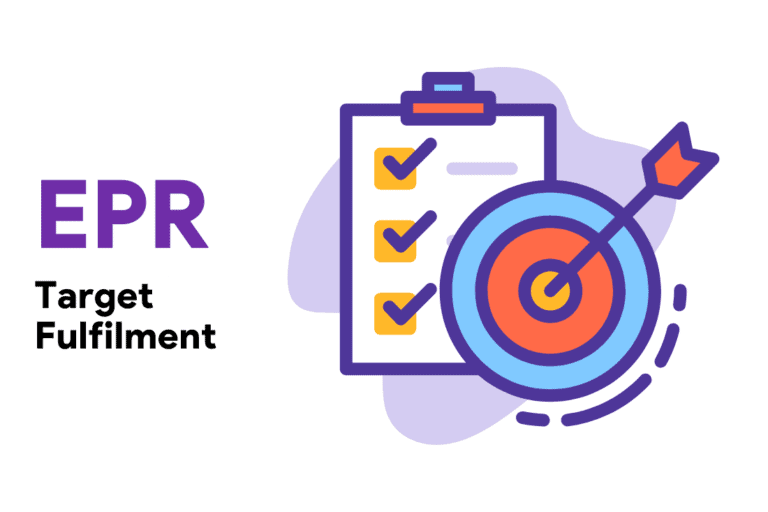
We have an established network of CPCB-registered Plastic Waste Processors (PWPs), recyclers, and co-processors across India. We facilitate tie-ups for actual waste collection and processing, enabling you to meet your compliance targets while maintaining transparency and traceability.
Not all businesses have the infrastructure for direct waste collection. We facilitate the purchase of legitimate EPR certificates from certified recyclers. These credits are uploaded to the CPCB portal and matched against your declared targets, completing the legal loop.
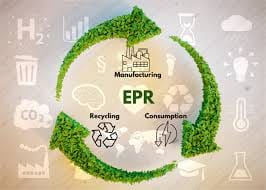
We assist with:
We make sure your paperwork is not just compliant, but strategically organized and verifiable in case of third-party audits.
Exporters must ensure that their packaging is compliant with destination-country regulations. We advise on EU SUPD (Single-Use Plastics Directive), UAE’s EPR equivalence, and North American recycling frameworks. Harmonizing your packaging strategy today ensures smooth customs clearances tomorrow.
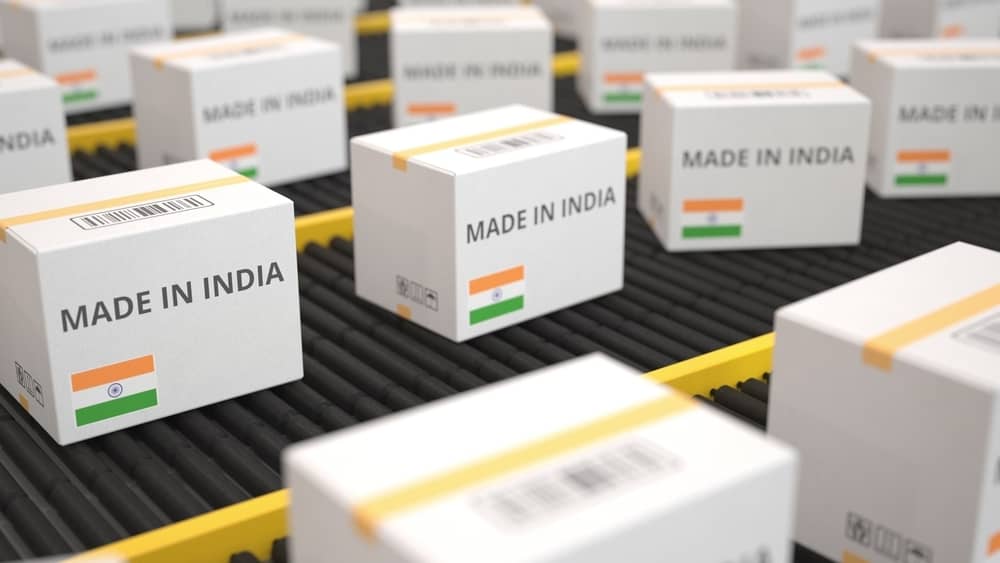
What You Need to Get Started
To apply for EPR registration under the plastic waste rules, you’ll need the following documents:
We guide you in preparing all of this in the exact format accepted by the CPCB and upload it on your behalf.

EPR registration may appear bureaucratic, but it follows a methodical process. Here’s what we handle on your behalf:
Each stage requires accurate technical documentation and submission protocols, which we standardize for you to avoid rejections or delays.
Cleaner environments mean healthier, more equitable communities
Plastic waste often accumulates in low-income urban neighborhoods and rural areas with inadequate waste infrastructure. These communities suffer from higher rates of pollution-linked health issues such as respiratory illness, skin disorders, and gastrointestinal conditions.
EPR frameworks ensure that producers and importers fund the cleanup and safe disposal of plastic waste, reducing environmental toxins in vulnerable areas.
By enforcing corporate accountability and driving investments in collection and recycling systems, EPR plays a direct role in reducing health disparities. When implemented equitably, it ensures that no community is disproportionately burdened by plastic pollution, making it a public health tool as well as an environmental one.
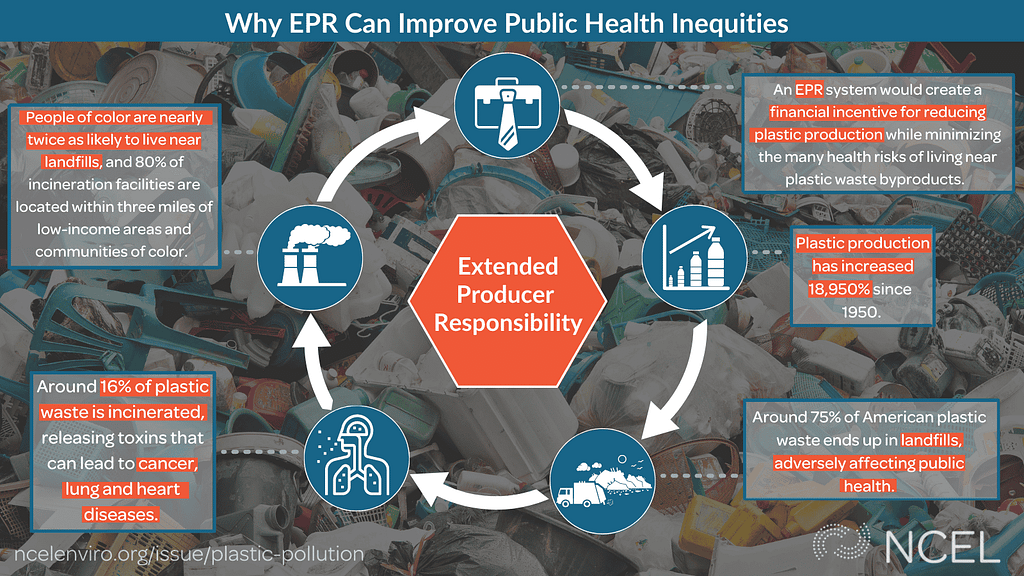
Non-compliance with EPR rules can severely disrupt your supply chain and public image. The CPCB has already issued notices to non-compliant companies and banned some from selling plastic-packaged products until they register and fulfill their backlog. Many import consignments are being held due to lack of EPR documentation.
Moreover, procuring certificates at the last minute usually means paying higher rates or risking purchase from unauthorized sources. Planning your certificate fulfillment in advance is crucial—and that’s exactly where we help.
India’s EPR regulations are not isolated. Similar policies are active across the globe—making it imperative for Indian importers and exporters to understand cross-border compliance. For example:
Businesses that understand and pre-emptively align with these frameworks avoid rejections at destination ports and penalties due to non-compliance.
targets under CPCB EPR Plastic are calculated annually based on:
The CPCB mandates incremental compliance:
We help you forecast your targets so that your procurement, sales, and waste obligations remain proportionate and penalty-free.
One of the critical components of EPR compliance is partnering with certified entities for the processing of waste. These include:
We vet and match you with credible processors to ensure traceability, certificate validity, and cost-efficiency. We also maintain ledger records to ensure that the EPR credits procured correspond exactly to the type and weight of plastic reported.
Under the EPR regime, PIBOs are allowed to fulfill obligations through a plastic credit mechanism. Every kilogram of plastic processed by a registered recycler generates a digital certificate.
We handle:
This ensures that your fulfillment is not only complete but also audit-proof.
Companies dealing with exports often use composite packaging to meet durability standards. These multi-layer packages (Category III) are the hardest to recycle.
We provide specialized guidance on:
Adapting packaging to EPR compliance early helps reduce future costs and waste recovery challenges.
Failing to meet CPCB EPR plastic obligations can invite serious penalties:
We conduct regular audits to keep your documentation watertight and handle correspondence with CPCB in case of show-cause notices.
For exporters of fast-moving consumer goods (FMCG), electronics, or pharma—synchronizing packaging across jurisdictions is a must. We advise clients on:
This gives your brand an international edge while remaining domestically compliant.
→ What’s changing in India and globally
→ Future-proof your business through strategic EPR plastic integration
In today’s regulatory climate, Extended Producer Responsibility is more than a compliance requirement—it’s a marker of operational integrity and global competitiveness. For importers and exporters, meeting cpcb EPR plastic obligations ensures not only uninterrupted customs clearance and legal security but also strengthens brand reputation in sustainability-conscious markets.
By aligning your packaging, documentation, and waste management processes with Indian and international EPR mandates, your business can avoid costly disruptions, foster trust with trade partners, and contribute to a cleaner, more equitable environment. Partnering with a dedicated EPR compliance expert ensures that your global trade operations are legally fortified and environmentally responsible—today and into the future.
Need help? Get in touch with JPARKS INDIA PRIVATE LIMITED for CPCB EPR Plastic Waste
The first step is registering your entity as a PIBO on the CPCB EPR portal with valid documentation including IEC, GST, PAN, and packaging details.
Registration can take anywhere from 15 to 45 working days, depending on application completeness and CPCB response times.
Yes, as long as the business operates under the same legal entity and includes both activities in the application scope.
No, obligations arise only when plastic-packaged goods are cleared for entry into the Indian market.
You still need to register under EPR but must submit biodegradability certifications from CPCB-approved labs for Category IV packaging.
No, but post-registration, you must show recycler tie-ups to fulfill your EPR obligations annually.
You are required to file quarterly and annual returns documenting quantities introduced and processed.
Yes, provided each SKU is documented with its plastic composition and classified accurately under CPCB guidelines.
Yes, CPCB may require clear packaging descriptions, materials used, and product samples or images for verification.
Yes, you can file an amendment application to update SKUs, recyclers, or packaging design changes.
EXCELLENTTrustindex verifies that the original source of the review is Google. Had a really good experience with JParks India. Rahul sir helped me a lot with my import work and were always active and responsive. Whatever documents or guidance was needed, they handled everything smoothly and explained things clearly. Felt stress-free throughout the process. Very helpful team, definitely recommend them if you’re doing import or export.Posted onTrustindex verifies that the original source of the review is Google. Quick & reliable servicePosted onTrustindex verifies that the original source of the review is Google. I took import consultancy services from Mr. Rahul at Jparks India Private Limited, and I must say he has excellent knowledge of the process. Really appreciate his professionalism and support. highly recommended!Posted onTrustindex verifies that the original source of the review is Google. very prompt and authentic services. team very responsive and courteous.Posted onTrustindex verifies that the original source of the review is Google. Wonderful Service and Very Fast. Love to recommend everyone. Thank youPosted onTrustindex verifies that the original source of the review is Google. I can get your import and export support in the future and I need it...I hopePosted onTrustindex verifies that the original source of the review is Google. Good service and posstive resposePosted onTrustindex verifies that the original source of the review is Google. Words fastest service for IEC Certificate and many for your Business They really understand client problem.Posted onTrustindex verifies that the original source of the review is Google. I found Mr Rahul Kolge quite professional & ethicalPosted onTrustindex verifies that the original source of the review is Google. Very Good and prompt response by the team and the work was completed in A day Appreciate itVerified by TrustindexTrustindex verified badge is the Universal Symbol of Trust. Only the greatest companies can get the verified badge who has a review score above 4.5, based on customer reviews over the past 12 months. Read more







